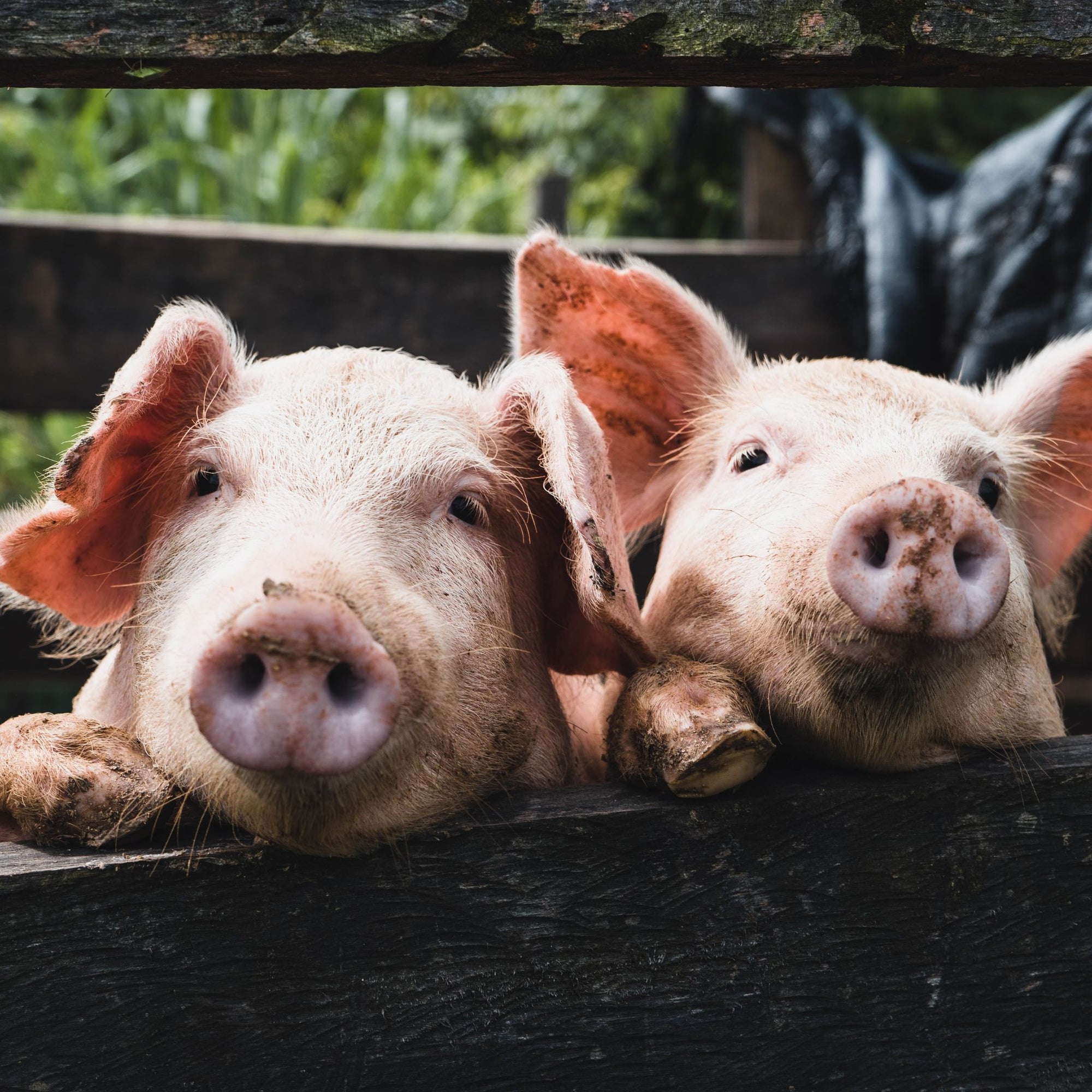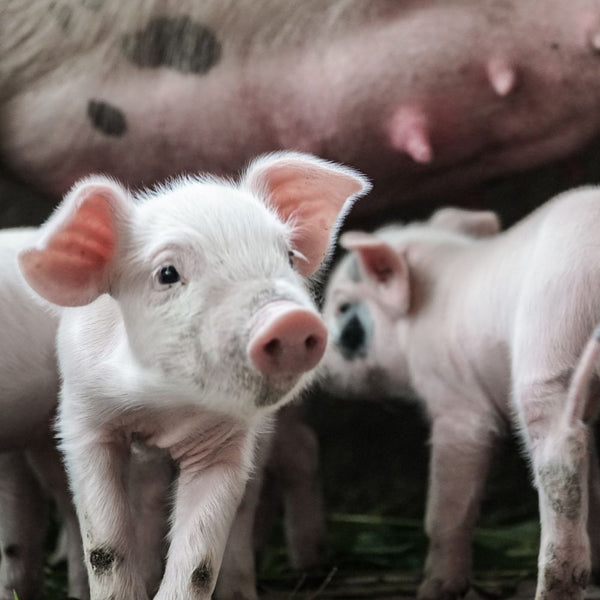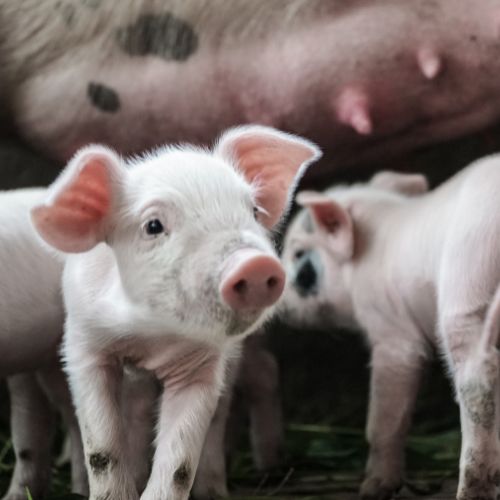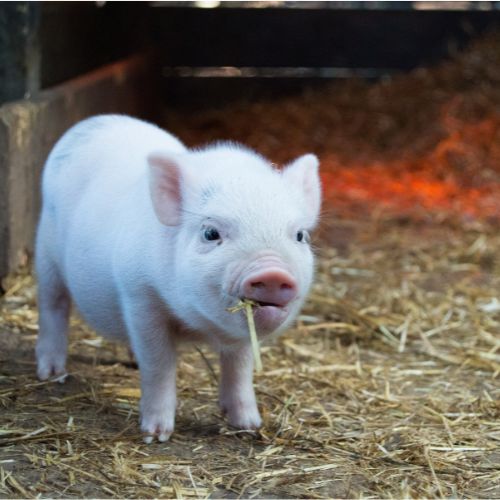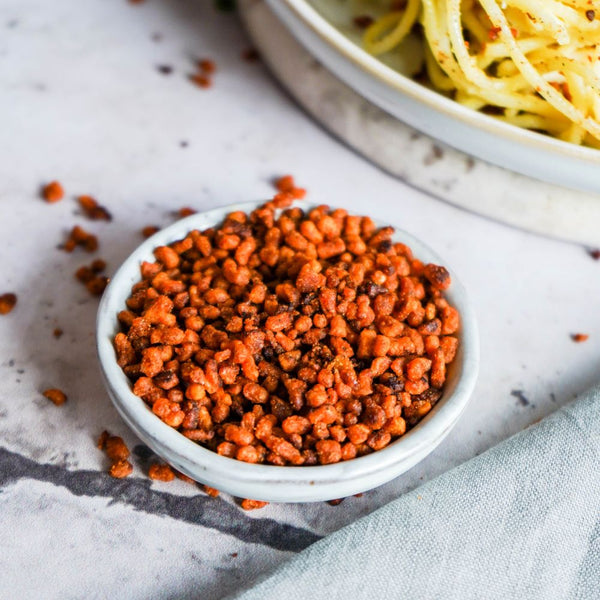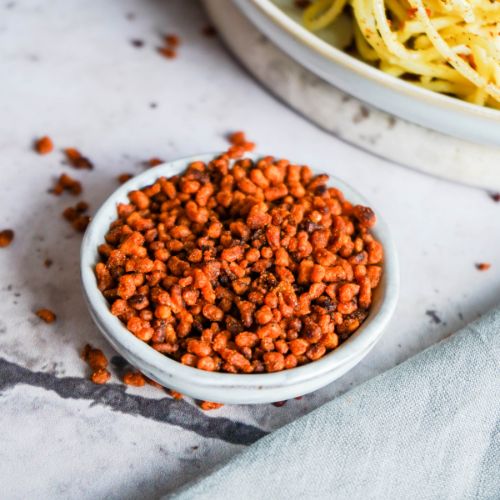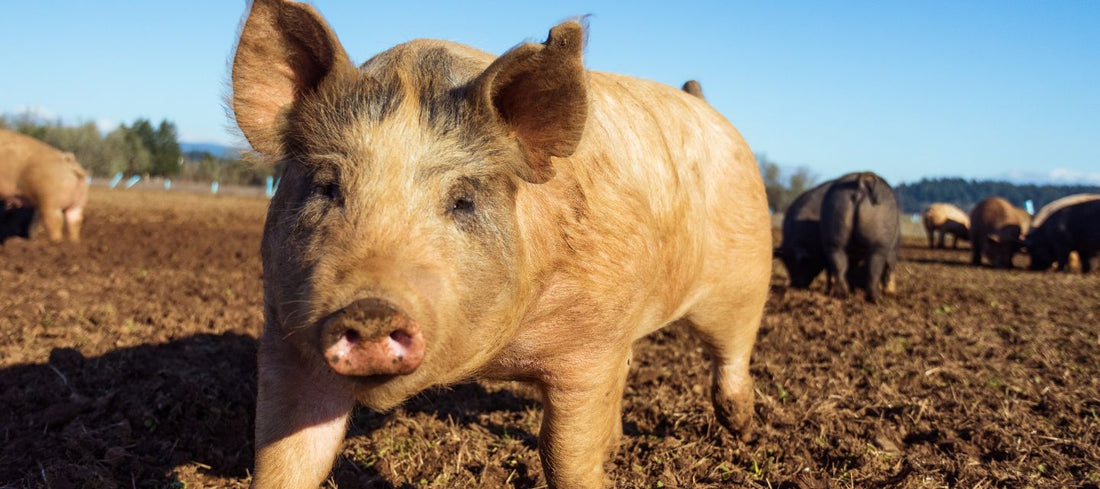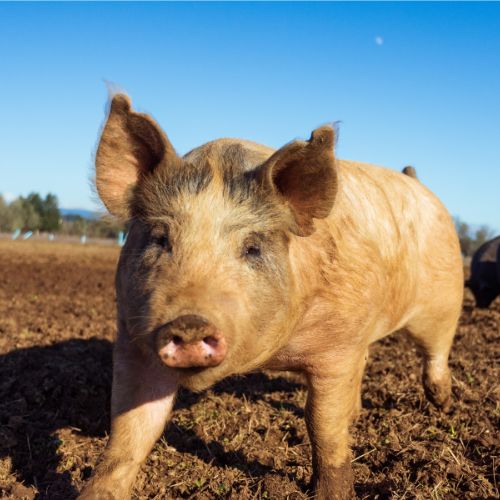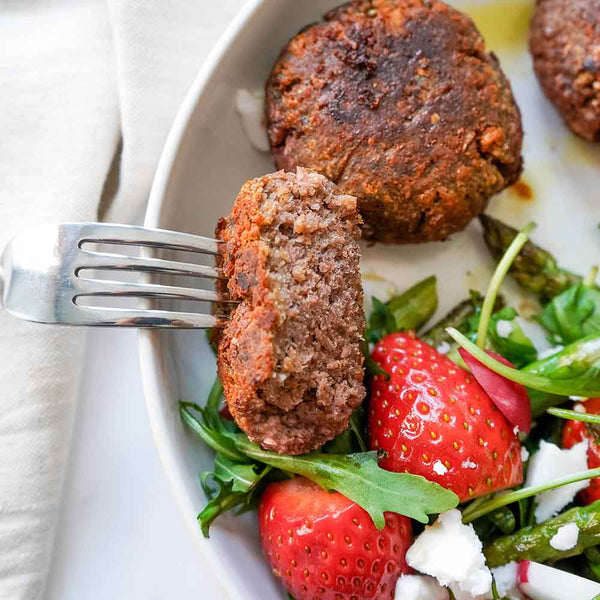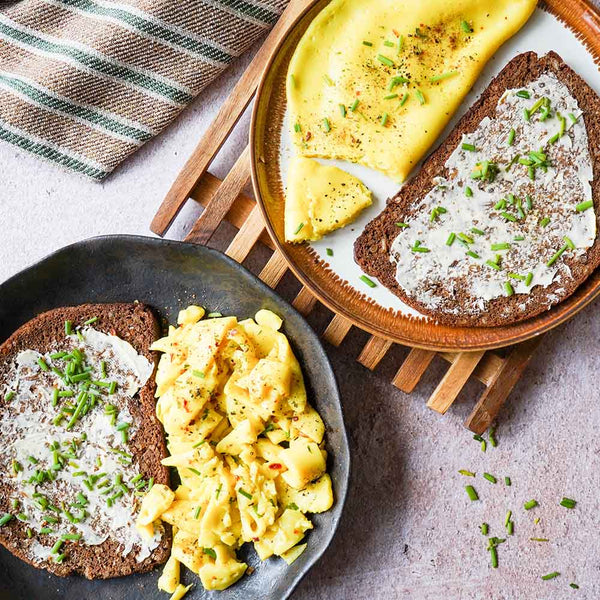Like other meat products, pork also has a huge negative impact on the environment. According to the World Peace Service , 1 kg of pork requires an average of 5.98 liters of water.
It is often claimed that vegans and vegetarians harm the environment and rainforests with their often higher soy consumption. It's true that soy requires a lot of land to grow, but in fact soy products like tofu and soy milk hardly account for it.
Rather, meat production is responsible for the deforestation of rainforests and the cultivation of soy. Because soy is an important feed for pigs and most of it has to be imported. About 77% of the world's soy harvest is intended for animal feed. In comparison, tofu and plant milk make up 2.6 and 2.1 percent of the total harvest, respectively. There is also a lot of local soy used in the production of tofu.
According to the Federal Information Center for Agriculture, almost 3.9 million tons of animal feed soy were imported into Germany in 2020, mostly from the USA or Brazil. Considering this amount, we probably can't say that soy consumption by vegans and vegetarians is the real problem.
 Germany
Germany
 Austria
Austria

